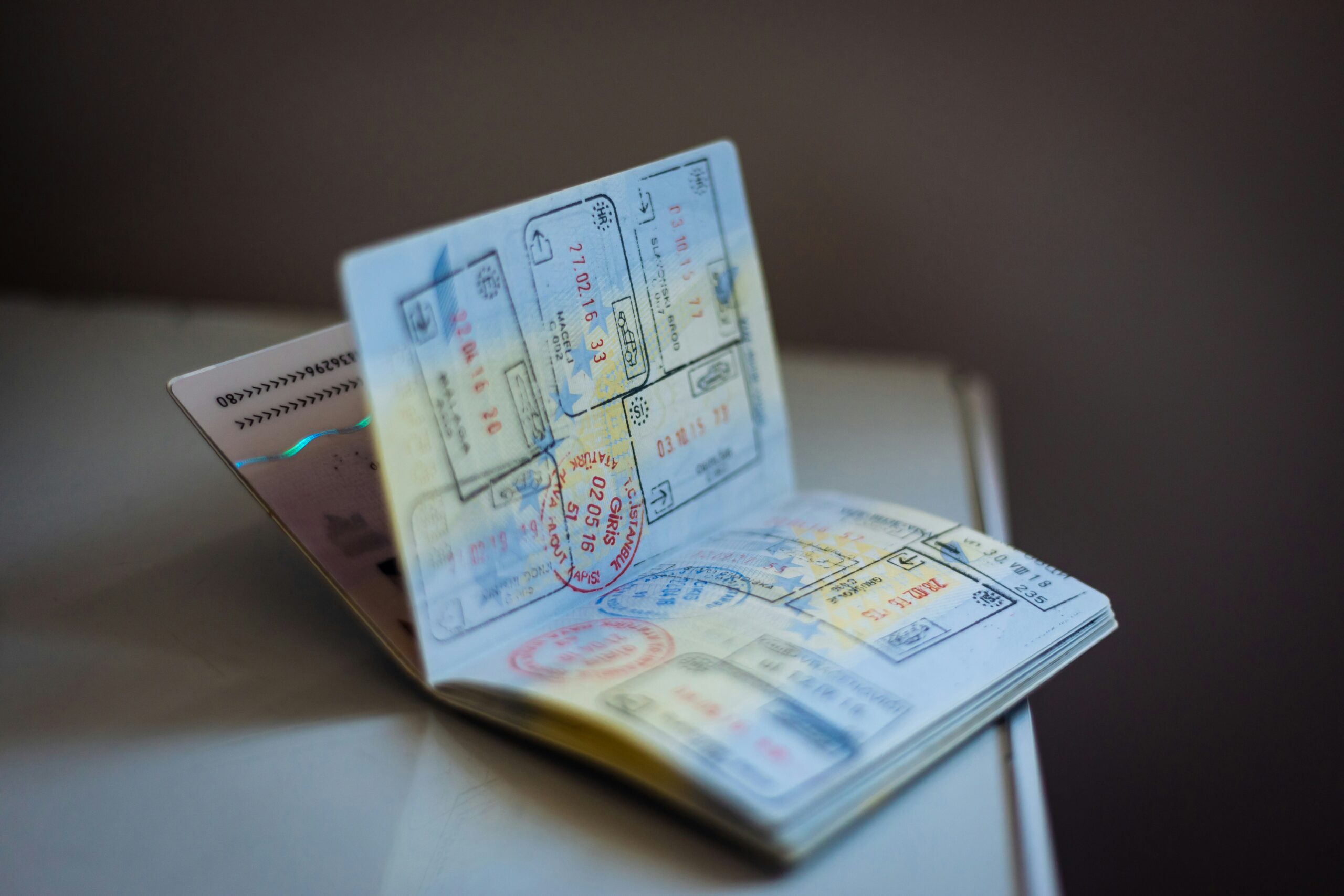DBS Filtering
The rules as to when DBS filtering applies to a conviction or caution are set out in legislation in The Rehabilitation of Offenders Act 1974 (Exceptions) Order 1975 (Amendment) (England and Wales) Order 2013 which came into effect in May 2013.

This introduced the concept of protected convictions and cautions which do not have to be disclosed on a DBS certificate. As a result, convictions and cautions for certain offences are ‘filtered’ and so do not need to be disclosed on a DBS certificate.
Contact UsOffences Eligible for DBS Filtering
The legislation sets out specific circumstances where a person cannot take advantage of DBS filtering. For example, an offence which resulted in a custodial sentence or where more than one conviction exists (the Dual Conviction Rule), can never be filtered from a DBS certificate.
The legislation also lists specific offences which can never be filtered. The most up to date list can be found here.
All other offences should be filtered from DBS disclosure for:
- Cautions given at least 2 years ago (where individual under 18 at the time of caution);
- Cautions given at least 6 years ago (where individual 18 or over at the time of caution);
- Convictions which did not result in a custodial sentence, given at least 5.5 years ago (where individual under 18 at the time of conviction);
- Convictions which did not result in a custodial sentence, given at least 11 years ago (where individual 18 or over at the time of conviction).

DBS Filtering in Practice
The one size fits all approach of the DBS filtering system has recently been tested in the courts with the most recent case going before the Supreme Court in January 2019 (R (on the application of P, G and W) (Respondents) v Secretary of State for the Home Department and another (Appellants) with mixed results. The court considered the Dual Conviction Rule and found that there may be circumstances, due to factors such as the history and nature of the convictions, where having more than one conviction should not preclude a record from being considered for filtering. However, the court did not accept that there should be similar flexibility when considering offences which are included in the specific list of offences which can never be filtered.
Despite this Supreme Court ruling, the legislation currently remains unchanged but is ripe for change.
Should you are in a position where you anticipate having to carry out a DBS check in the near future and you are worried about the effect of historic data, our specialist DBS solicitors will be able to guide you through the filtering process.
Our other DBS services include:
– Resonding to a Minded to Bar letter
– Appealing a DBS decision
– Asking the DBS to review a previous decision to bar
– Written representations to the Chief Officer
– Written representations to the CLPD Coordinator
Specialist solicitors
Our multidisciplinary team is made up of specialists in a wide range of services, which means you'll always be represented by an expert in your area.
No-strings initial call
Get in touch to arrange a no-obligation, fully confidential call to discuss your case and work out if you want to continue.
Nationwide support
Speak to solicitors in one of our offices throughout England and Wales, or arrange calls and remote meetings.
97%
rated on 
Proudly proving excellence
Contact our legal advice specialists today.
Are you interested in DBS Filtering?
Use the form on the right to get in touch with our team and arrange an initial call to discuss your situation. We will use this no-obligation, fully confidential initial call to learn more about your case and help you understand your options going forward.
"*" indicates required fields





